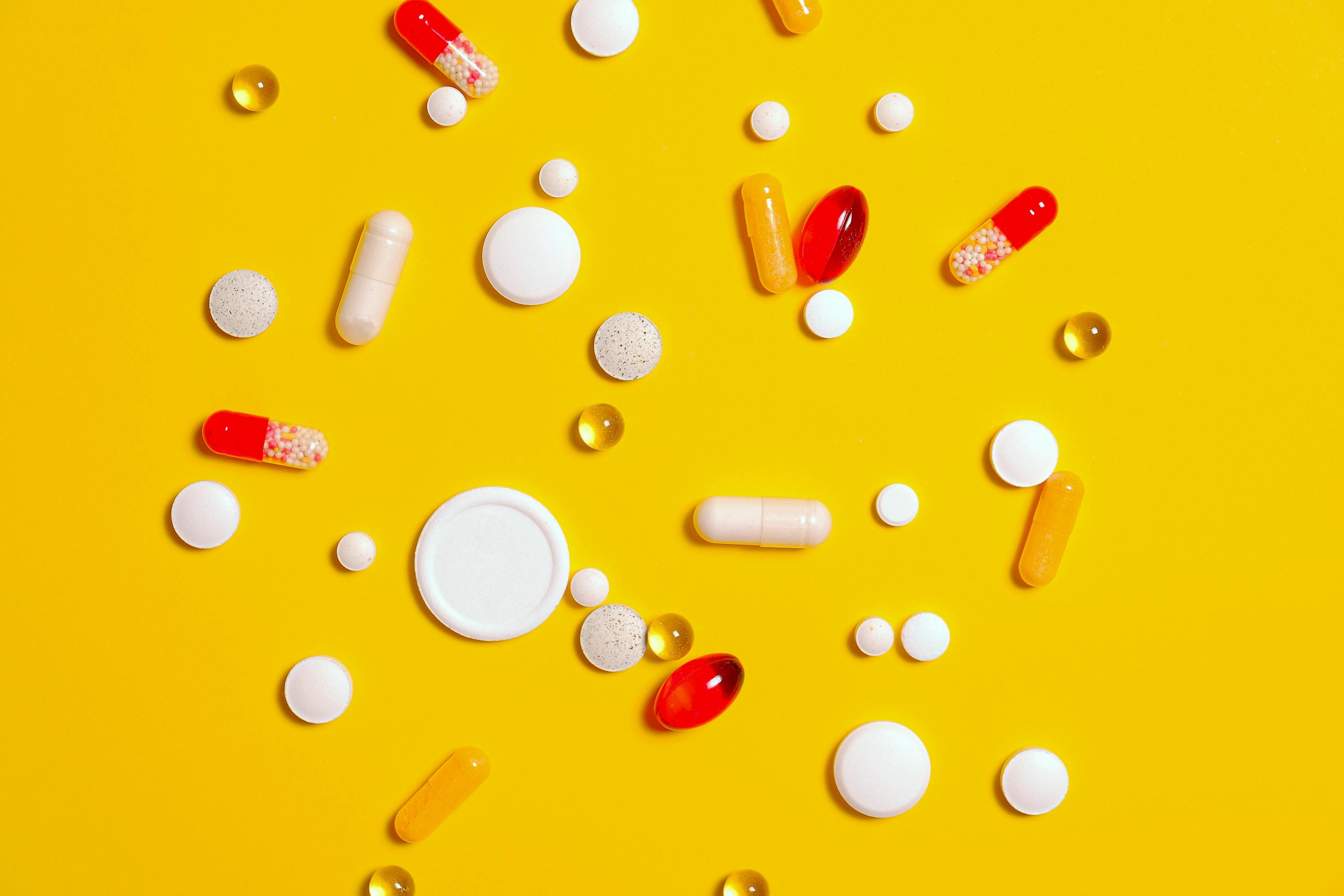Ever found yourself at the crossroads in a pharmacy, wrangling with a decision between a brand-name drug and its generic counterpart? Well, you’re not alone. It can be puzzling to determine whether there’s a tangible difference between the two choices or if it’s simply an illusion created by clever branding. But worry no more. We’re here to unpick that very knot, providing you with the clarity you need to make the best decisions for your health.
What Gives: The Core Difference between Generic and Brand-Name Drugs?
All aboard the comparison train! Imagine a designer handbag and a high-street replica. They both serve the same purpose, but one carries a brand name that is instantly recognizable, and the other, not so much. In the world of pharmaceuticals, brand-name drugs are those designer handbags. They’re made by well-known pharmaceutical companies and bear a specific trade name. The high-street replicas? Those are your generic drugs – chemically identical to their brand-name counterparts but significantly lighter on your wallet. But let’s make one thing clear: generic does not mean inferior.
Why Are Generic Drugs Cheaper?
Picture this: A pharmaceutical company develops a new drug, pouring buckets of money into its research, development, marketing, and patenting. That’s a hefty tab to cover! Brand-name drugs are priced higher to recover these costs. Once the patent expires, other companies can roll out generic versions, without the burden of the initial development costs. Thus, the price tag for generic drugs gets considerably slimmer.
Commonly Asked Question: Are Generic Drugs Less Effective?
A resounding ‘No’ echoes in response to that question. Implying that generic drugs are less effective than their branded counterparts is as flawed as saying a high-street replica bag can’t carry your belongings as effectively as a designer one. The FDA mandates that generic drugs must have the same active ingredient, strength, dosage form, and route of administration as the brand-name version. In essence, they work in the same way and provide the same clinical benefit.
Why Would Anyone Choose Brand-Name Drugs?
The Placebo Effect
Sometimes, perception creates a reality of its own. The brand’s reputation, the sleek packaging, the heftier price tag – all these might create a psychological impression of superior quality, leading to more effective outcomes, often referred to as the ‘placebo effect’.
Allergies to Certain Inactive Ingredients
While active ingredients need to be identical between the brand and the generic version, the inactive ingredients (like preservatives and colorings) can differ. People with allergies or sensitivities to certain inactive ingredients may need to stick to a specific brand.
So, Should I Go for a Brand-Name or Generic Drug?
The debate is reminiscent of choosing between toffee popcorn and caramel popcorn. Both have their distinct appeals, and the choice ultimately comes down to personal preference (and in this case, medical history).
What’s the Takeaway Here?
Generic drugs offer an affordable alternative to brand-name drugs without compromising on quality or effectiveness. However, always consult with a healthcare provider before making the final call. After all, it’s your health we’re talking about, and it deserves nothing but the best!

